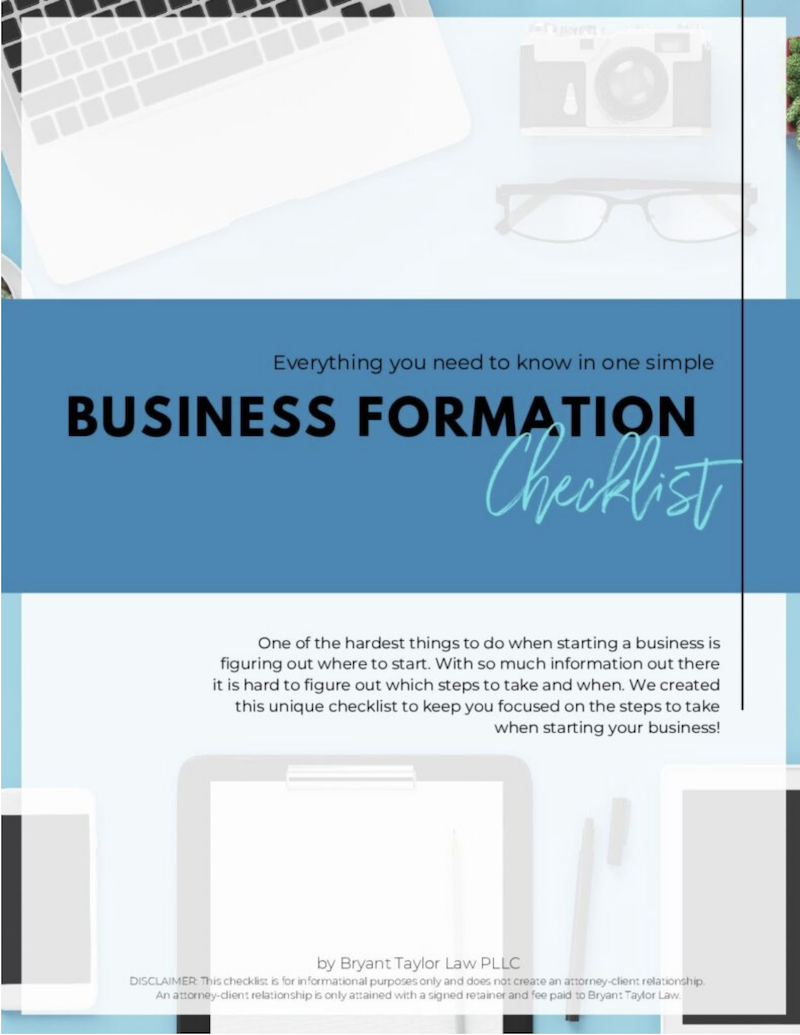
Many business-minded Floridians find that investing in real estate is one of the most effective (and tax-efficient) ways to make money from a stable source of passive income. With minimal effort, real estate owners can set up entities that also allow them to enjoy limited personal financial liability in case investments go south. For that reason (and many others), Bryant Taylor Law often recommends potential investors to form a company before putting up money in real estate properties.
Investing By Yourself vs. Investing as Part of a Group
It’s perfectly acceptable to take on a real estate investment yourself. After all, you have much more flexibility when you don’t have to worry about the preferences and sensibilities of other members or business partners.
However, pooling your money together with other business-minded individuals with the same entrepreneurial goals can unlock many more opportunities. While it’s true that securing financing from lending institutions could be more difficult if you and your business partners set up a holding company to own the property, it’s worth it for the reduced liability.
What Should Your Company Look Like?
While there is nothing that prevents investors from setting up a C corporation to own real estate, it is most common to see limited liability partnerships (LLPs) and limited liability companies (LLCs) owning property. If you and your business partners choose to use an LLC or LLP, you will need a strong operating or partnership agreement and formally incorporate with the Florida Secretary of State’s office.
Even if you and your business partners have already settled into a general partnership, don’t assume that forming a partnership would be easier—or better—than forming an LLC. Using the LLC structure allows you more flexibility with the company’s tax and operational treatment.
To illustrate why it could be helpful to form a holding company for real estate, let’s say you own a rental property on the beach somewhere. One summer, a balcony fails and someone falls one story, fracturing his hip. There might be a valid personal injury claim there but, fortunately, you set up an LLC to own the property. As a result, your personal bank accounts and assets are shielded from any judgments. Additionally, your LLC owns many properties, so you were able to build up a monetary firewall for a rainy day. However, you must set up and operate your LLC a certain way to take advantage of these protections.
Conclusion
Deciding whether or not to incorporate a holding company is a complex process that should take into account your circumstances, goals, and objectives. For many people, forming an LLC or LLP with friends before taking on real estate investments is the right path.
Bryant Taylor Law is geared toward Florida entrepreneurs who want to set up entities for long-term success and minimal drama down the road. We’d love to speak with you about your entrepreneurial goals to see if you should set up a real estate holding company. Get in touch with us here to set up a business strategy session with our team.
ventus
Latest posts by ventus (see all)
- The Role of a Business Attorney in Estate Planning - October 13, 2022




